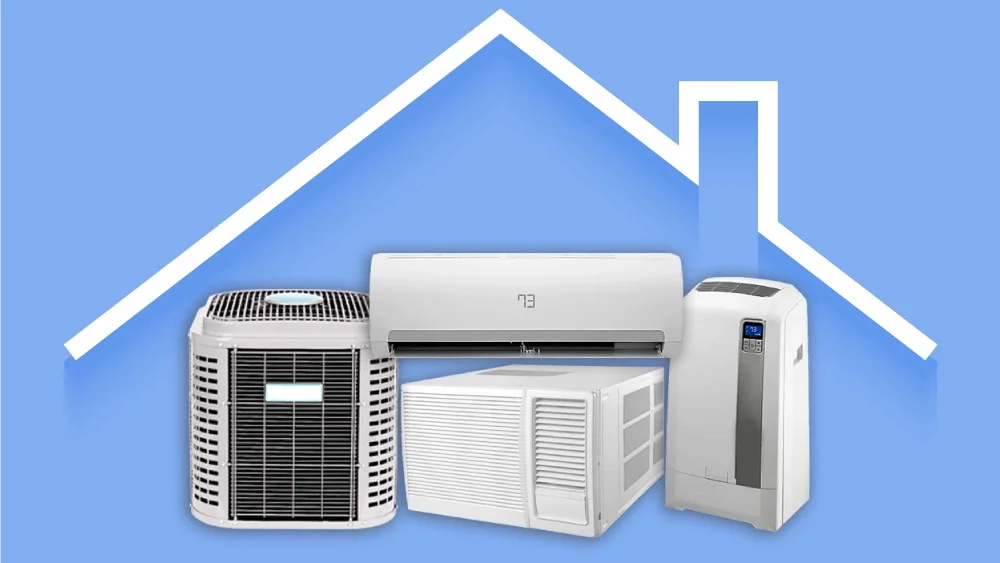
Key Takeaways
- Central ACs are ducted units that cool multiple rooms simultaneously, providing consistent comfort throughout the house.
- Ductless ACs like mini-splits are perfect for homes without ducts, allowing individual room climate control.
-
When choosing an AC, consider your budget, energy efficiency, and cooling power to ensure optimal comfort and long-term savings.
This guide covers all types of air conditioners that you need to know about to make the right choice for your next cooling or heating appliance! Let’s start with some statistics and move on to learning about various types of ACs that are available in the market.
Now that we know the amount of money spent on powering different types of air conditioners, let’s see what one goes through when buying a new air conditioning system or replacing an old one.
The air conditioning unit is an integral part of any home & takes up a major chunk of your must-have home appliances budget. Making the right choice is crucial as your home’s cooling, comfort & energy consumption are directly dependent on it. There are different types of air conditioners, each having its own pros & cons.
Let’s dig in deep & go through the types of air conditioners available in the market so that you can make a qualified decision about your next air conditioning system.
There are eight main types of air conditioning equipment out there in the market. Each type of air conditioner is designed for a certain space & fulfills a certain purpose. The different AC types are as follows:
- 1. Central Air Conditioner
- 2. Ductless Mini-Split
- 3. Window Air Conditioner
- 4. Portable Air Conditioner
- 5. Floor-Mounted Air Conditioner
- 6. Smart Air Conditioner
- 7. Geothermal Air Conditioning System
- 8. Hybrid / Dual Fuel Air Conditioner
- 9. Evaporator Cooler
- Important Factors When Selecting the Best Type of Air Conditioner for Your Home?
- In Conclusion
- Frequently Asked Questions
1. Central Air Conditioner
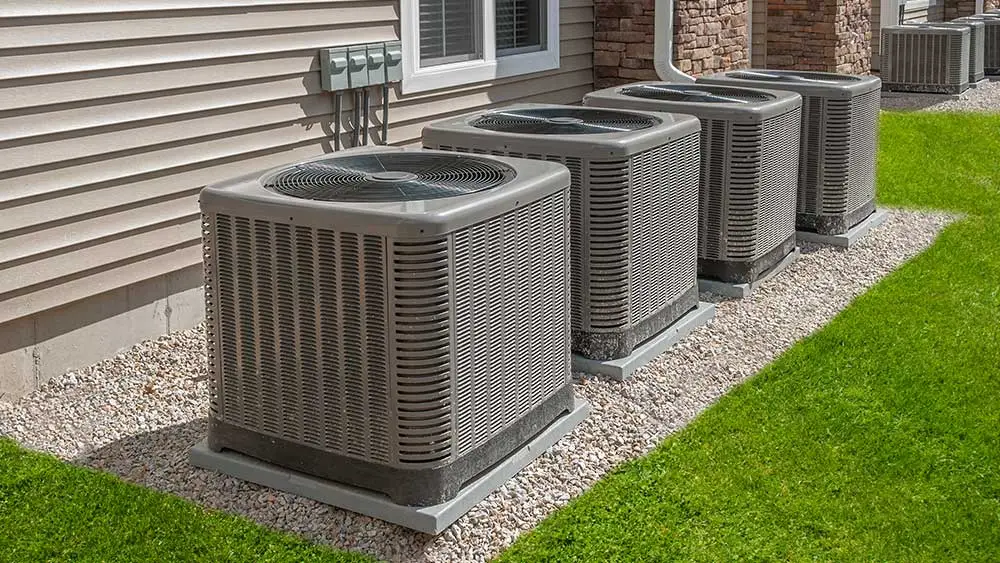
If you have a large home & wish to cool multiple rooms at once, then this type of air conditioning is best suited for you. A central air conditioning unit uses a split system that regulates air through ducts installed in your home. It is also known as a ducted system.
The split aspect implies that the system is a combination of two main units. The outdoor unit packs in the condenser and compressor. While the indoor unit comprises the evaporator coils & air handler. Like any typical air conditioner, central air conditioning also uses refrigerant to remove heat from the indoor air. This heat is pulled outdoors & cool air is pushed in through the ducts.
Utilizing modern HVAC technology, smart thermostats can be coupled with central air conditioners for a smart home experience.
Equip your HVAC system with smart features and achieve the perfect balance between comfort & savings.
Learn more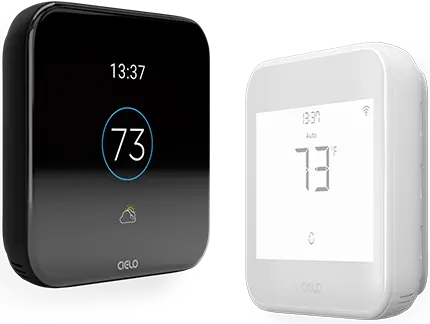
Advantages of a central AC system:
- It cools all the rooms connected to ducts at once, thus creating a cooler & regulated environment around the house in the minimum time.
- Since cool air is circulated in all rooms, humidity is reduced around the house, making the overall environment more comfortable.
Disadvantages of a central air conditioning system:
- It consumes a lot of energy, resulting in higher energy bills.
- Such units may lose efficiency & effectiveness in case a problem arises in the ducts.
- Some find the outdoor unit to be unattractive, but you can always creatively hide your air conditioning unit in your backyard.
2. Ductless Mini-Split
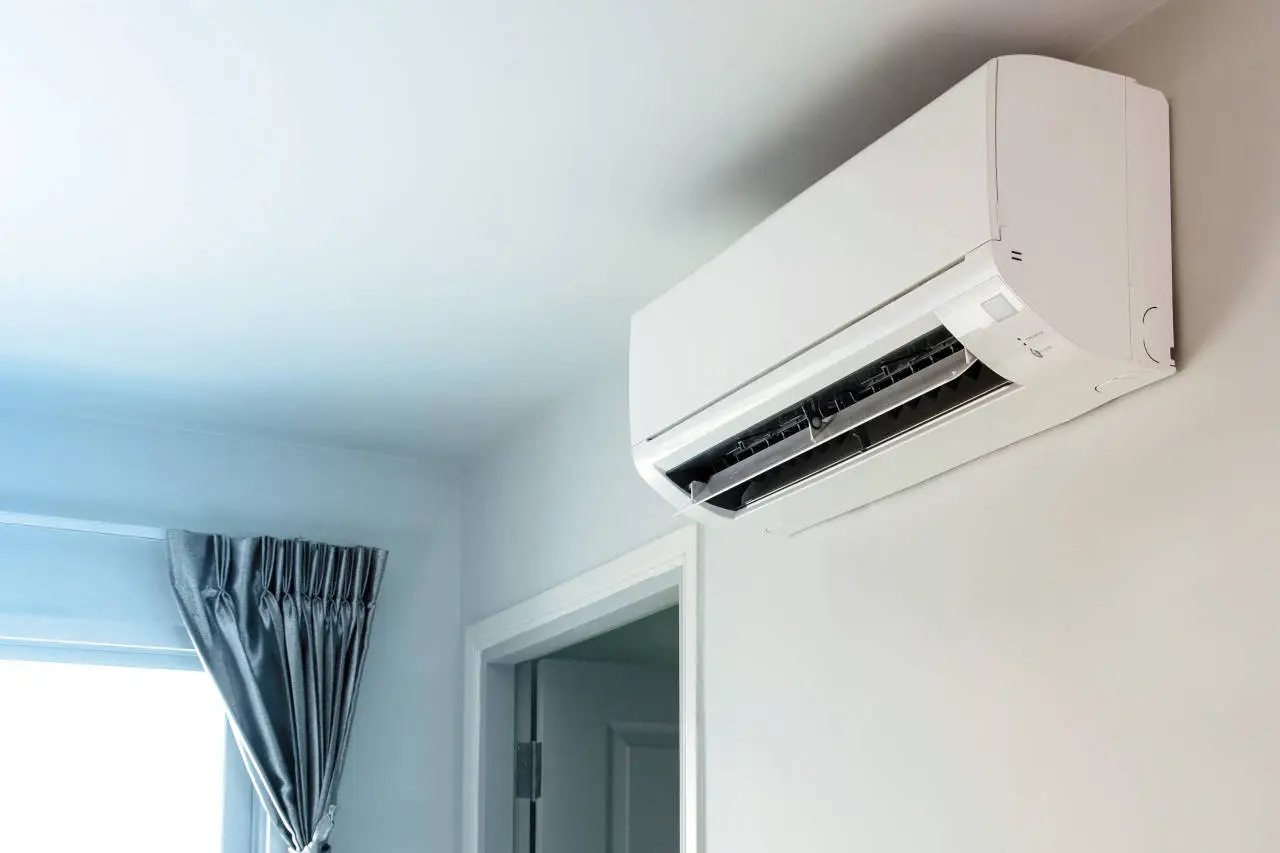 If you want better efficiency, or you want to do away with a lot of ducting, or you simply just want a portion of your home to be cooled, then opting for ductless mini-split air conditioners is a great choice. Ductless systems are a great choice for contemporary homes.
If you want better efficiency, or you want to do away with a lot of ducting, or you simply just want a portion of your home to be cooled, then opting for ductless mini-split air conditioners is a great choice. Ductless systems are a great choice for contemporary homes.
Your best choice to make any mini-split, window,
or portable AC smart. Enhance your comfort and savings.
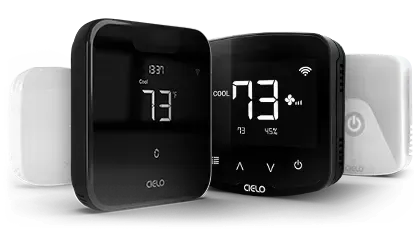
Such a type of air conditioner is a combination of an outdoor unit comprising a compressor & a condenser that comes along with one or more indoor units. These indoor units are mounted on a wall and equipped with air blowers. The indoor & outdoor units are connected through tubing, and refrigerant circulates through them in variations depending on the type of usage.
Since these indoor units are small and compact, each room usually gets its own unit installed that can either be used for heating or cooling purposes. Such types of air conditioners are regarded as much more efficient in energy consumption compared to some of the other options available out there, but can also be heavy on the pocket if you plan on installing one in each room to cover the entire house.
Ductless mini-splits come with a remote control, but coupled with a smart mini-split thermostat, you can operate them using your phone, from anywhere!
Advantages of ductless mini-splits:
- It can be installed anywhere easily without a lot of hassle and ductwork.
- It can control the temperature of each room individually.
Disadvantages of ductless mini-splits:
- A single ductless mini-split unit is not enough for cooling large homes.
- Since the indoor unit of a ductless mini-split is wall-mounted, it will be visible to the naked eye.
3. Window Air Conditioner
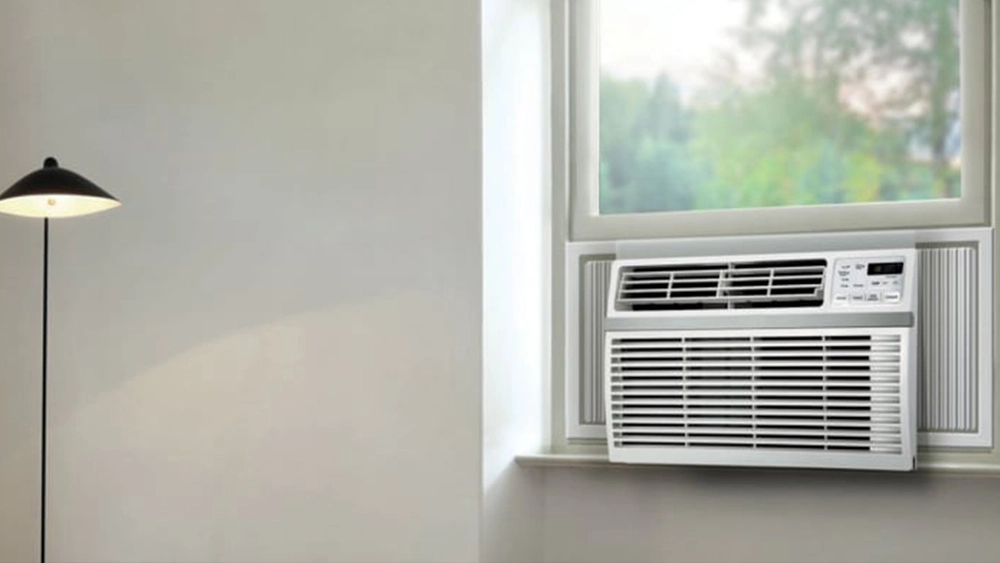 Since window air conditioners come in different sizes, they would be suitable if you’re looking to cool a single room or a small area. If you go for a large window air conditioner, you can even cool a small home, considering it is a single-story or one open space. Window air conditioners, since the beginning, have been labeled as champions of cooling smaller spaces & regarded as the most common type of air conditioner.
Since window air conditioners come in different sizes, they would be suitable if you’re looking to cool a single room or a small area. If you go for a large window air conditioner, you can even cool a small home, considering it is a single-story or one open space. Window air conditioners, since the beginning, have been labeled as champions of cooling smaller spaces & regarded as the most common type of air conditioner.
A window air conditioner is a single unit with all of its components enclosed inside. It ejects heat out of its outdoor side and blows cool air into the room on the indoor side. As the name suggests, it is installed in a window or by making a hole in the wall. Such air conditioners have a filter that slides out so that it can be cleaned regularly for full AC efficiency. These air conditioners have controls on the unit & may also come with a remote.
Advantages of Window ACs:
- Window units are typically less costly and cheaper to operate
- Simple to install
- Easy to maintain
- Do not take up your floor space
Disadvantages of Window ACs:
- Can be noisy during operation & are visible from outside the home.
- They obscure the view from a window and must be located close to a suitable electrical outlet.
- Not all windows support air conditioners; some window ACs are not suitable for casement or irregularly shaped windows.
Related: How Do Window AC Units Work & Other Frequently Asked Questions
4. Portable Air Conditioner
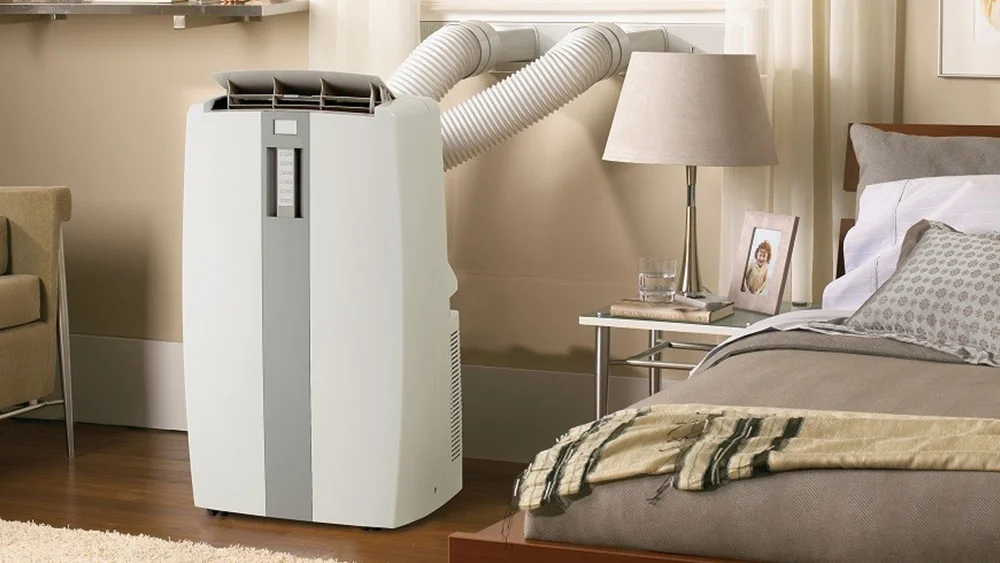 Portable air conditioners are similar to window air conditioners. They are also placed in a single unit with all its components enclosed inside, but the difference is that it is a free-standing unit and therefore can be moved from room to room. All it requires is a power outlet to power it up & access to a window where the unit’s air can be exhausted from using its funnel.
Portable air conditioners are similar to window air conditioners. They are also placed in a single unit with all its components enclosed inside, but the difference is that it is a free-standing unit and therefore can be moved from room to room. All it requires is a power outlet to power it up & access to a window where the unit’s air can be exhausted from using its funnel.
You can opt for a portable air conditioner if you want temporary space cooling, or wherever it’s not practical to install a window or split air conditioner. They are very handy, and smaller versions can even be used for kennels or bathrooms. Portable ACs can be single- hose that takes in air from inside a room and expel it outdoors. Or, dual-hose, which pulls air from the outdoors using one hose, this air cools the compressor and is then exhausted outdoors from the other hose.
Since a portable unit sits indoors, its evaporator fan runs continuously to evaporate the condensed moisture that is collected inside the unit.
Advantages of portable ACs are:
- Quick and simple to set up
- They can be easily moved around the house
- They do not require any permanent installation
- An effective option for spot cooling
- Easy to store when not needed
Disadvantages of portable ACs are:
- Such units are noisy during operation
- Cooling larger rooms is a problem
- Portable units that come with a hose have to be placed near a window and the hose also obstructs the lower part of your window
5. Floor-Mounted Air Conditioner
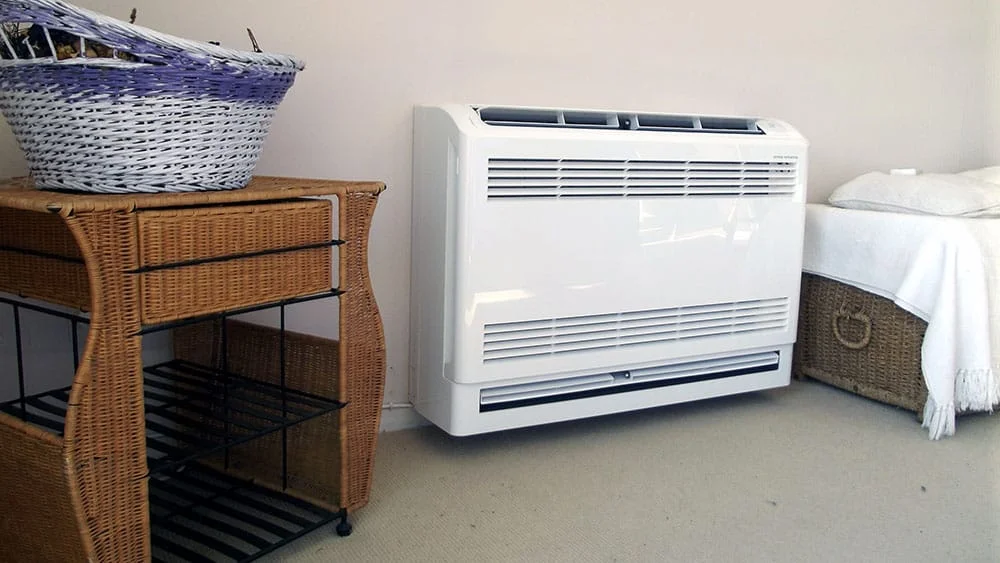 Floor-mounted air conditioners are designed for convenience if you prefer a mini-split but lack the required space for a wall mounted unit. The indoor unit of floor-mounted AC rests on the floor, and the outer unit can be installed without major site preparation or any ductwork. This arrangement is also ideal for spaces with tilted walls, such as attics, or building constructed with fragile materials such as glass.
Floor-mounted air conditioners are designed for convenience if you prefer a mini-split but lack the required space for a wall mounted unit. The indoor unit of floor-mounted AC rests on the floor, and the outer unit can be installed without major site preparation or any ductwork. This arrangement is also ideal for spaces with tilted walls, such as attics, or building constructed with fragile materials such as glass.
The unit can be installed up to 6 inches higher than the floor, and through a small hole in the wall it is connected to the outdoor unit.
An amazing benefit of the placement of this AC is that it allows you to very easily check the air filters!
Easy access to the air filters makes floor-mounted air conditioners ideal for individuals with respiratory issues or people who are keen on keeping their indoor air quality as clean as possible.
Floor mounted systems cool/heat the room quicker than any other mounting system as the fan blows the air directly at your level. On the contrary, units that are mounted high up on the wall can often face difficulties cooling the room uniformly and efficiently. Floor units need free space around them to function efficiently and circulate the air adequately. Make sure the unit is not obstructed by furniture or walls.
Advantages of floor-mounted ACs:
- Perfect for elderly people living in the house due to accessibility
- Can be installed easily
- An excellent choice for difficult and small areas as they do not take much space
Disadvantages of floor-mounted air conditioners:
- Airflow can be compromised because of the obstacles in the room, i.e., furniture
- Not suitable for big rooms due to uneven and localized distribution of airflow
6. Smart Air Conditioner
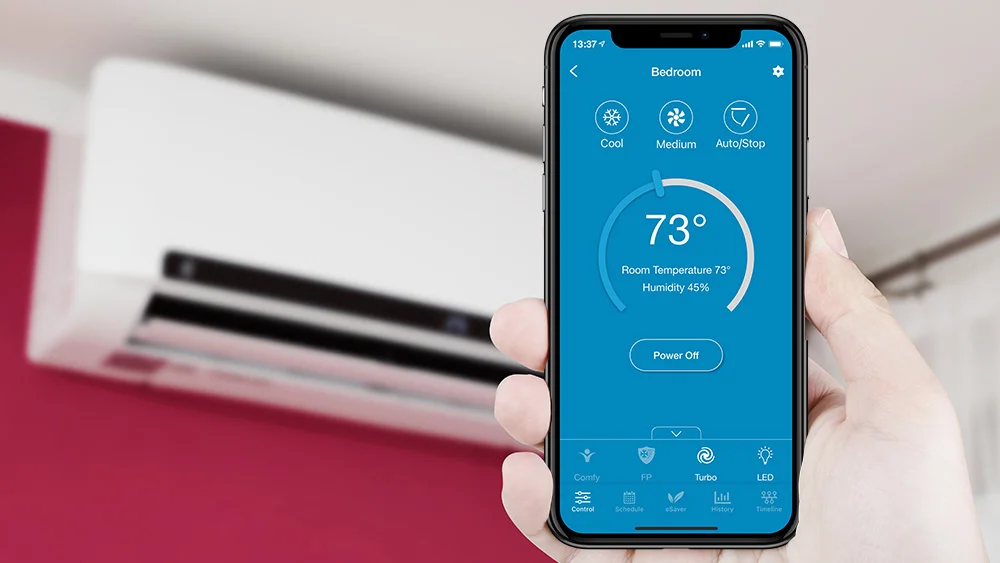 Smart air conditioners are a type of mini-split, window, or portable air conditioner that are IoT enabled. These ACs are connected to Wi-Fi and come with a native app providing global control through a smartphone.
Smart air conditioners are a type of mini-split, window, or portable air conditioner that are IoT enabled. These ACs are connected to Wi-Fi and come with a native app providing global control through a smartphone.
Depending on the manufacturer, these air conditioners come with numerous functionalities. Some of these include weekly scheduling, geofencing, comfy mode, temperature range control, and numerous other features. Utilizing these, you can achieve great comfort coupled with energy savings.
Smart AC controllers are also available in the market, providing all the functionalities of a smart AC to any conventional ducted unit. They work like programmable thermostats and come at a fraction of the cost compared to smart ACs.
Advantages of smart air conditioners:
- Provide comfort & convenience with numerous features
- Help save energy
Related: Smart AC Benefits & Features: Here Is Why We Love Smart ACs and You Should Too
Disadvantages of smart air conditioners:
- More expensive than regular units.
- Wi-Fi connectivity is necessary to utilize all the features
Here’s how to DIY a smart air conditioner!
7. Geothermal Air Conditioning System
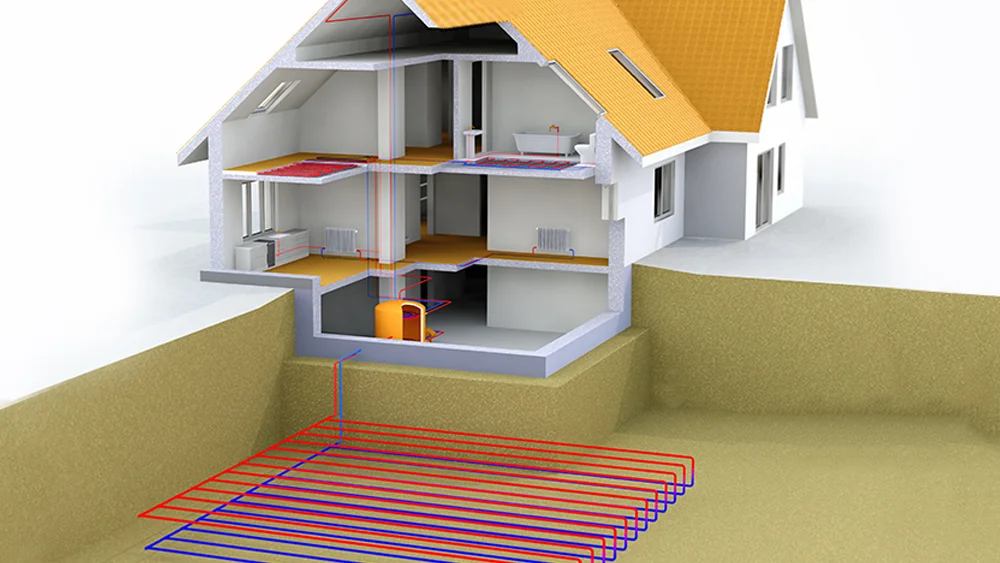 Geothermal heating & cooling is considered a relatively new method, it works by utilizing the insulating properties of the earth. Since the temperatures under 4 to 6 feet of land remain consistent all year regardless of the weather, geothermal technology takes advantage of this to heat & cool your home more efficiently.
Geothermal heating & cooling is considered a relatively new method, it works by utilizing the insulating properties of the earth. Since the temperatures under 4 to 6 feet of land remain consistent all year regardless of the weather, geothermal technology takes advantage of this to heat & cool your home more efficiently.
This system has piping that consists of a loop that circulates water between your home, a heat pump & the ground. They require intensive work to set up underground.
Advantages of a geothermal AC system:
- Highly efficient in terms of energy usage
- It has a relatively longer lifespan than other types of heating & cooling equipment
Disadvantages of a geothermal AC system:
- Installation depends on the location as loops are installed in the ground
- The setup cost is very high
8. Hybrid / Dual Fuel Air Conditioner
A hybrid system is one that combines a gas furnace with an electric air-source heat pump to deliver a cost-effective & efficient performance in terms of heating & cooling. Depending on the temperature outdoors, the system automatically switches between burning fossil fuels and using electricity. You program the temperature at which the system switches from heat pump to furnace, or you can make the manual switch too.
During the summer season, the heat pump works as it functions, pulling hot air from inside your home and throwing it outdoors. During the winter, this process is reversed, and heat is distributed throughout your home. When the temperature is too cold for a heat pump to function efficiently, the furnace kicks in.
Advantages of hybrid air conditioning:
- Maximize indoor comfort and minimize the cost of utility bills
- Lower your carbon footprint
Disadvantages of hybrid air conditioning:
- The high cost of initial setup
- Breakeven may occur in the long run
9. Evaporator Cooler
Evaporative coolers are sometimes categorized as air conditioning alternatives, even though technically, they are not air conditioners and differ in both mechanism and structure.
This inclusion in the list stems from their ability to effectively cool indoor spaces. Unlike conventional AC systems with ducts and refrigeration cycles, evaporative coolers operate by drawing in warm air through water-saturated pads or media.
They need less electricity than other types of air conditioners. However, on the downside, they utilize a lot of water and need to be regularly filled. Additionally, they increase the rooms humidity levels. When operating an evaporative cooler, it’s advisable to partially open windows so that your room’s humidity levels do not exceed the recommended levels.
Unlike conventional AC systems with ducts and refrigeration cycles, evaporative coolers operate by taking in warm, dry air, which is then passed through the water-saturated pads ,and cool humid air is pushed into the room. They are more suitable for arid climates such as Arizona as compared to humid areas.
Related: Ideal Indoor Humidity Summer Guide – Comfort Unlocked
Advantages of evaporator cooler:
- Consumes much less electricity
- It adds moisture to a very dry space.
- Evaporative cooler has a lower carbon footprint.
- It is available in a wide range of sizes.
Disadvantages of evaporator cooler:
- Not favorable in humid climates.
- It may not be able to achieve the same level of cooling as traditional air conditioners.
- Water needs to be regularly refilled.
Important Factors When Selecting the Best Type of Air Conditioner for Your Home?
Now that we know the types of air conditioning available out there in the market, it’s time to make the decision for the best suited AC system for your home.
Here is a breakdown of 4 important factors to consider when selecting the best type of AC for your home, described below:
- Budget
- Energy Consumption
- Space Requirements & Maintenance
- Cooling Power
1. Budget
When it comes to installing a new unit, the costs range from $3,884 to $7,928, depending on the unit’s size and type.
Here is the budget-wise ranking of AC system types. From lowest to highest:
- The cheapest options out there are window air conditioners & portable air conditioners. Keep into account that such types of air conditioners are only able to cool a single room at a time. Portable ACs can cost around $100 – 500 while window ACs are priced around $150 – $800.
- A ductless air conditioner or a mini-split AC is considered cost effective if you’re only cooling a room or two. If you opt to cool your entire home on a single ductless system, you’ll have to keep it on at all times adding to your energy costs with low effectiveness. Their price ranges from $600 – $20,000.
- Smart ACs, depending on the type (window, mini-split, or portable) are slightly pricier than their conventional counterparts. However, they result in energy-saving and thus are not as pricy to run. Smart AC controllers on the other hand cost around $70 – $130 and provide the same and even more functionalities.
- A central air conditioning unit is considered more expensive compared to all previous types mentioned but, it is also considered more effective. On average, they range from $1,500 – $4,000. Moreover, these air conditioners tend to last longer than portable & window air conditioners. The running cost of these, though, is much higher.
- Geothermal heating & cooling is regarded as the most expensive option out there; however, they tend to pay for themselves over time with energy-saving. The efficiency & effectiveness of geothermal units are unmatched compared to the rest of the types of ACs available out there. It is stated that if you spend big money on getting such a system, once installed, it could last you nearly the rest of your life.
2. Energy consumption
Ensure purchasing an energy-efficient air conditioning system, as it can help decrease your utility bills. Check for energy efficiency ratings such as Seasonal Energy Efficiency Ratio ratings (SEER) before buying your unit. The SEER rating of a unit is the cooling output divided by the total electric energy input during the same period. The higher the rating, the more efficient the system is.
Another rating system is Energy Efficiency Ratio (EER). Although the SEER rating may sound similar to EER, the difference lies in the fact that the SEER is calculated over a whole cooling season of many months at different temperature points, while the EER is only calculated at a fixed temperature point.
If you want to reduce your AC costs, have a look at super easy ways that can help you slash your bills while maintaining the comfort of perfect temperature!
3. Space Requirements
Always buy an air conditioner that is best suited for your home’s space. For instance, if you want to cool your apartment, you can go with portable units. Mini-split and window units also make a good apartment air conditioner, provided your landlord grants installation permission.
4. Ease of Maintenance
Single room ACs, such as mini-split, or portable units require fewer repairs and are quite easy to maintain.
The central unit has lengthy ductwork that requires professional maintenance. On average, duct cleaning costs around $400.
Related: Is Air Duct Cleaning a Waste of Money? AC Ducts Guide for Cleaning and Maintenance
5. Cooling Power
This specification is applicable to any type of air conditioner that you want to purchase. British Thermal Units (BTUs) measures an air conditioner’s cooling or heating capacity. The higher the BTUs the more cooling or heating power a unit has.
Common BTU capacities range from 6,000 to 12,000, which are suitable for a common-sized living room. You must look for an AC size that is suitable for your home, otherwise you will run into multiple issues due to incorrect sizing.
In Conclusion
Understanding the different types of air conditioners is crucial when selecting the best cooling solution for your home. Each type has its advantages and considerations, depending on budget, space, energy efficiency, and personal preferences. With the guide above, you are all set to make the best decision for your home comfort needs.
Frequently Asked Questions
Which Type of Air Conditioner Is Best for Your Home?
Central AC is Ideal for whole-house cooling, while room ACs are suitable for cooling single rooms. Evaporative coolers are most effective in dry climates.
There is no definitive answer: your best air conditioning system will depend on your unique circumstances, budget, and climate. When deciding, it's essential to consider factors like upfront costs, long-term energy efficiency, maintenance requirements, and your comfort preferences.
How Long Does an Air Conditioning System Last?
Most central AC systems and mini-split systems typically last 15 to 20 years, although some can last even longer with proper care. Here’s how to extend the average life of your AC.
What Are Some of the Advanced HVAC Systems?
As HVAC technology advances, homeowners now have more options than ever before when it comes to keeping their homes cool and comfortable. Some of the most advanced home AC systems rely on renewable energy sources, such as solar power.
By using solar panels to generate electricity, these systems can help homeowners reduce their reliance on fossil fuels and save energy. Another advanced and sustainable option is the geothermal HVAC system, which uses the earth's natural heat to warm or cool a home.
These systems are highly efficient and can reduce a home's overall carbon footprint.
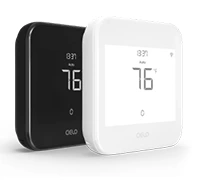
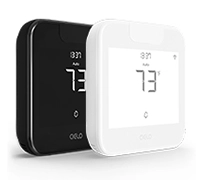
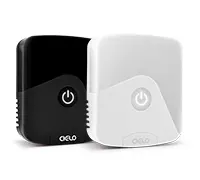
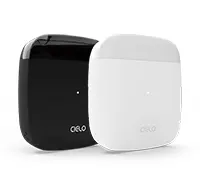
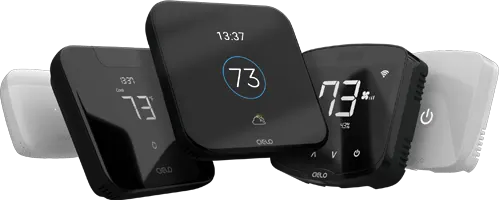
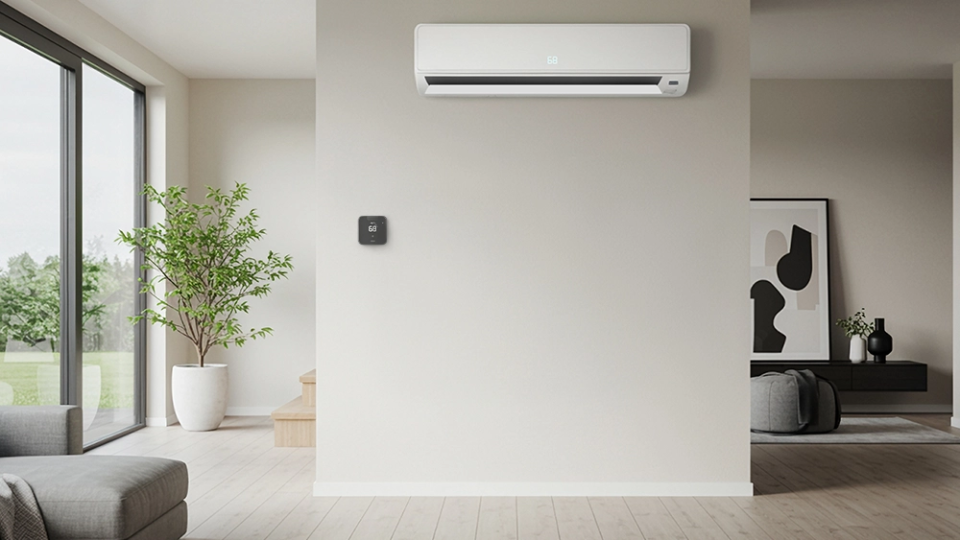

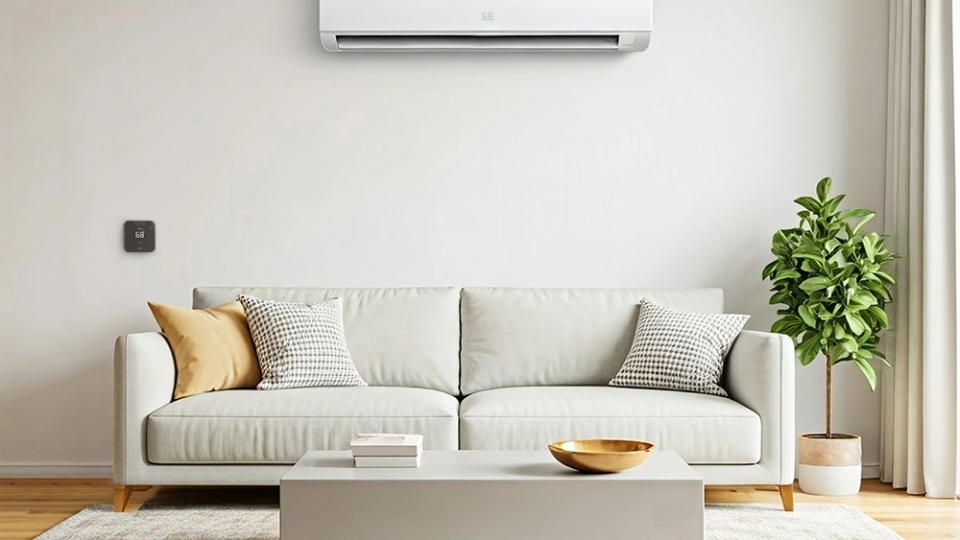
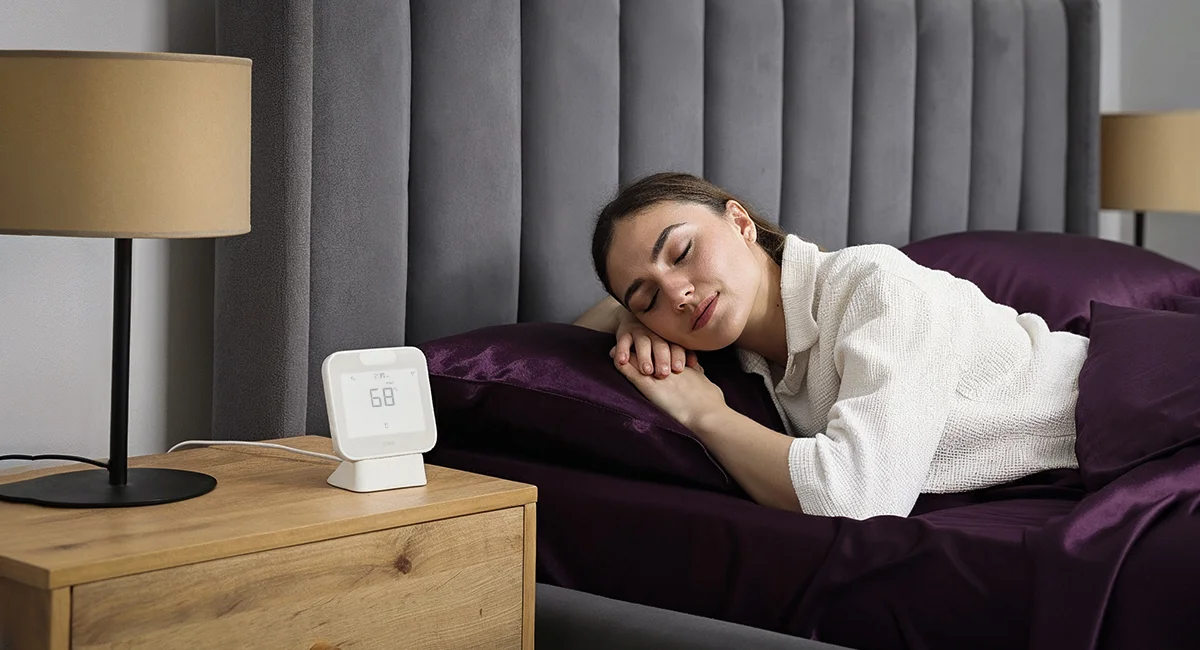
24 Comments. Leave new
I’d like to find a good residential air conditioning solutions company because I plan to buying a new unit for my living room. I think that will make the place a lot more comfortable to stay at because it normally gets a bit too hot in there.
It’s nice that you talked about how an air conditioning unit is an integral part of any home and takes up a major chunk of your must-have home appliances budget. We have finally decided to get an AC for our house and we are trying to pick what type to use.
Thank you for this article – very informative and very much appreciated. After the heat of last summer, I am looking to install air conditioning in my hometown – had no idea where to start. This article has helped me with the knowledge and I now have a better idea of what to look for. THANK YOU SO VERY MUCH 🙂
Now I understand that in buying an AC, you should look into the BTU capacity since a higher unit of measure means more cooling power as well. I am looking into this since my new apartment does not have a system.
I want to make sure that my air conditioning system system works out properly. It makes sense that I would want to get a specialist to help me out with this. They would know what kinds of maintenance should be done on it.
There are various types of air conditioning systems in the market & making a selection for your home or office can be a bit confusing. This blog provides the best buying tips!
A well-written and very knowledgeable article. I am planning to move to my new flat in Dubai by next month. I will follow these above tips to choose the best cooling solutions. Keep up this job and share more informative posts like this with the readers.
Nice 👍
I’ll be moving into a new apartment next month for work. So, I’m looking into new appliances I could install there such as an air-conditioning unit. Thanks for mentioning here ductless types which can be used for both cooling and heating.
Thank you for sharing the types of air conditioners. I’ve been browsing through air conditioning companies to find the best unit for me so this really helped me a lot.
Thanks for pointing out that a central air conditioning unit uses a split system that regulates air through ducts installed in our home. My husband and I want to ensure a comfortable environment for our five kids. With this, we are hoping to find HVAC contractors who can install a 3-ton air conditioner in our living room within five hours at a competitive rate.
Really like your article!
I like that you talked about smart air conditioners and how they can be connected to Wi-Fi and has their own app. I would pick that kind of unit for the AC installation service that we need for the house that we bought. We need it to have a system installed before we move into that property this year.
ive begun to visit this site a couple of times now and i have to say that i find it quite exeptional actually. continue doing what youre doing!
Very Good information on air conditioning.
Extreme heat events in the US and all around the world are already occurring and an AC system is considered a necessity these days. You need to consider the best available factors for choosing the most suitable unit.
The topic is very interesting. I learn a lot about ACs today.
Excellent post. I was checking continuously this blog and I’m impressed! Extremely helpful information particularly the last part 🙂
It was really helpful . Thank you
My friend is looking for air conditioning units that he could use for his new home next year. Your suggestion of getting a window air conditioner because you can maintain it easily is a good idea. I’ll go ahead and recommend this to him as soon as we meet again.
Nice article!
Amazing post with lots of useful information.
I really appreciate your explanation of Geothermal AC systems and how they have great efficiency and long lifespans. Building a new house can be tricky, but if there’s one thing I want to achieve with my upcoming housing project, it’s that I want the house to be as energy-efficient as possible so I won’t throw away money on electricity bills so much. This system looks perfect for my needs, so I’ll start searching for HVAC contractors that can offer this system as early as now so we can set aside the budget for it.
Thanks for explaining in your article that it’s best to consider how easy your air conditioner is to maintain so you can ensure you’re able to prolong the life of your system to help it last for years. I’d imagine that you could also help it last by hiring professionals for regular maintenance. It might also help to contact a professional for air conditioning repairs as soon as you notice a problem so that your system can last for as long as possible to keep your home comfortable.